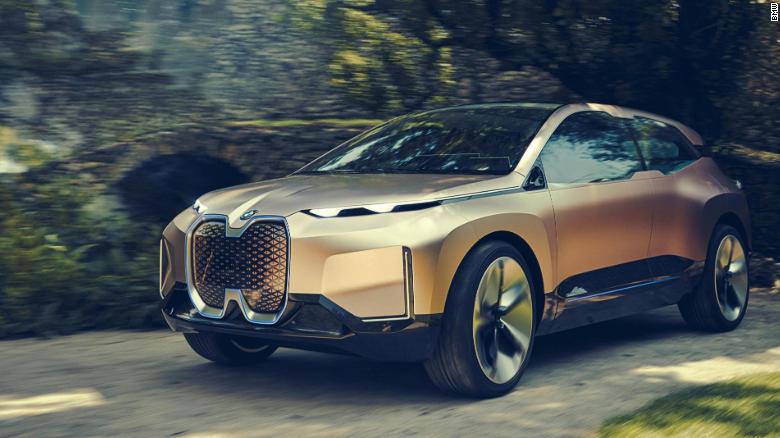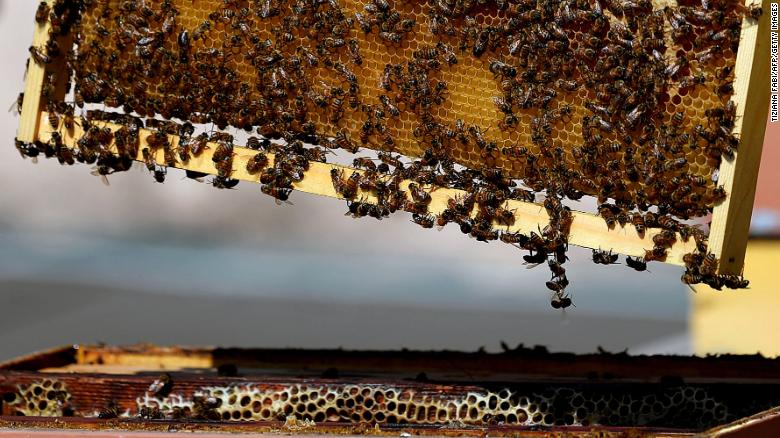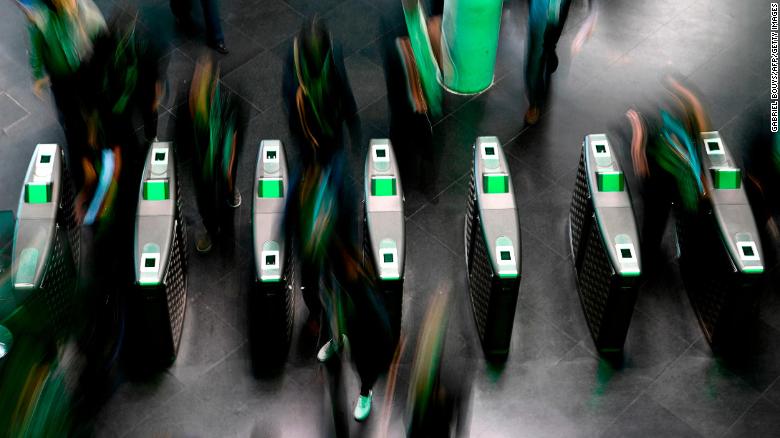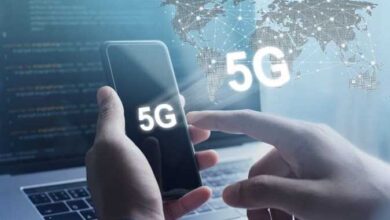
Barcelona (CNN Business) In Barcelona, everyone’s talking about 5G.
As 100,000 people gathered in the Spanish city this week for the Mobile World Congress, the industry’s annual conference, the next generation mobile network took center stage.
This is not just to do with its super-fast speeds, it’s because 5G will create a ripple of developments that will change daily life.
“5G is going to have a massive impact on people lives,” says Laila Worrell, CEO of Altran North America, a high-tech engineering company. “We are going to see a big advance in quality of life that 5G can deliver for individuals.”
5G and driverless cars

The BMW iNEXT model is due to hit the market in 2021
For starters, there’s the part it can play in your commute. Self-driving cars have been on the radar for a while, but with a 5G network they could become reality.
Industry players claim 5G can be 100 times faster than 4G and that a huge number of devices will be able to connect to the network simultaneously. This will enable vehicles to talk to each other in real time: they’ll know when another car is changing lanes or braking and can adjust to manage traffic accordingly.
The BMW iNEXT, an electric SUV expected to come onto the market in 2021, is fitted with sensors that collect and process data from the car’s surroundings.
“This car is permanently surveying the road around it and sending relevant bits of information up to the cloud, generating a true real-time map that in turn is pushed down to all the other cars,” Christoph Grote, senior vice-president of electronics at BMW, tells CNN’s Samuel Burke.
5G and bees

Even bees will benefit from 5G
The benefits of 5G do not stop there. The network could also have environmental impacts when used in smart agriculture.
David Houghton, general manager of Asset Tracking Solutions at NimbeLink, tells CNN how 5G and the Internet of Things can help protect honeybees, and in turn the world’s food supply.
“Beehives are valuable and as such they are in demand, so hive keepers need to protect them. So, they use asset trackers to essentially monitor the health of the hive,” he says.
NimbeLink, in partnership with The Bee Corp, has developed a hive tracking and management system by which essential data such as temperature, humidity, movement and location is collected by sensors and can then be transmitted back for analysis.
The future

At the Mobile World Congress people are already talking about the next big development, 6G
Of course, just as we get our heads around what 5G can do, scientists are already working on the next big thing.
“5G is good but 6G is better,” says Ari Pouttu, a science professor at the University of Oulu, Finland.
Expected to roll out in 2030, 6G will be a development beyond the smartphone. “Let’s throw the smartphones away and think about how humans interact with infrastructure,” says Poutto. “You can have smart surfaces with electronics in them, smart glasses so you can have devices everywhere.”
So, stay tuned.



